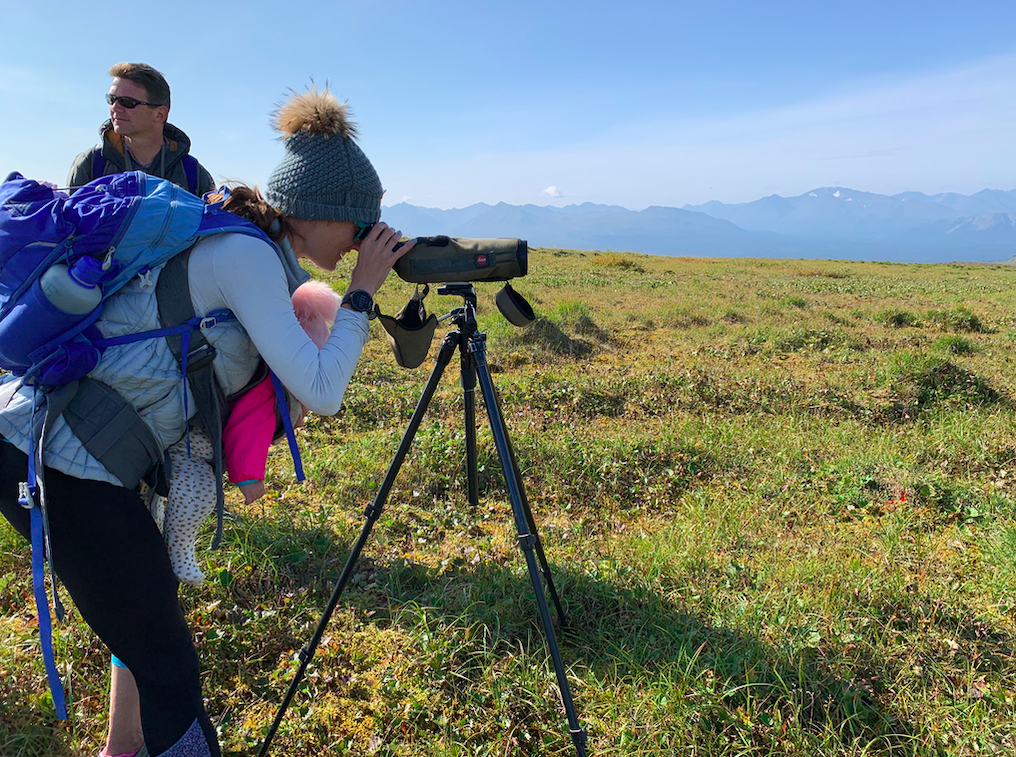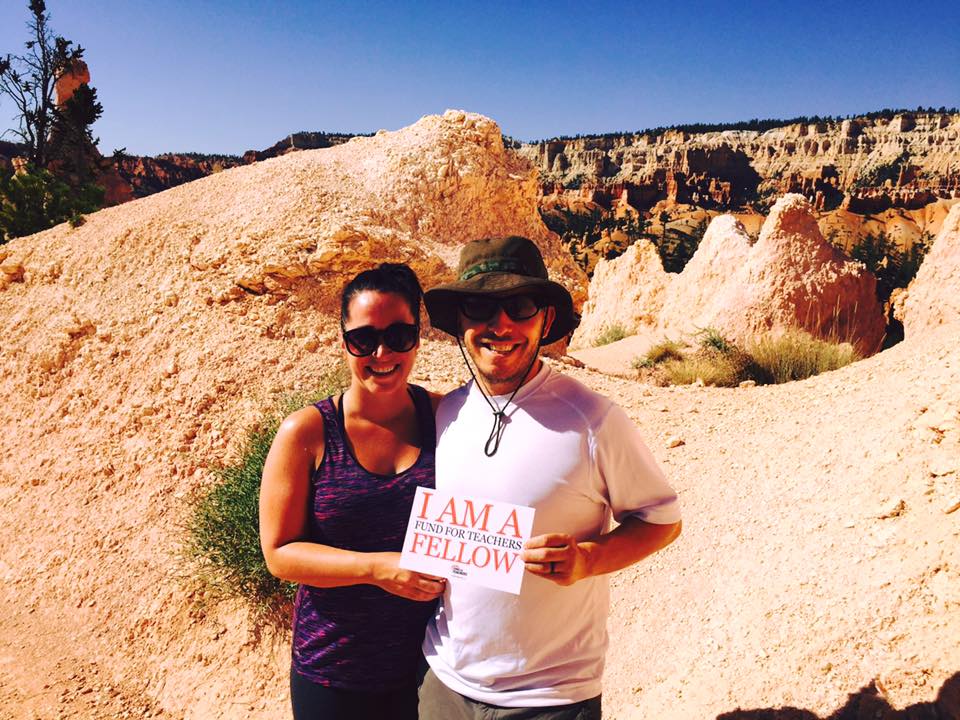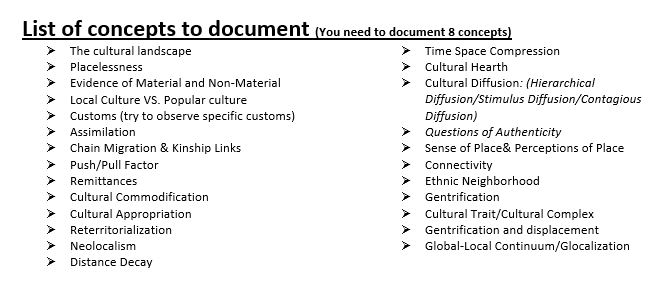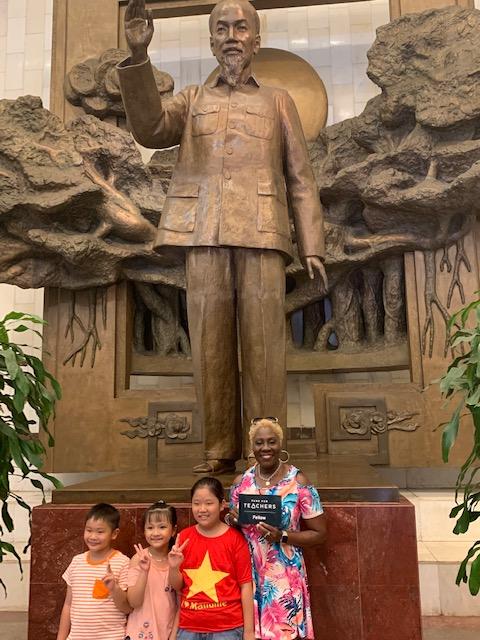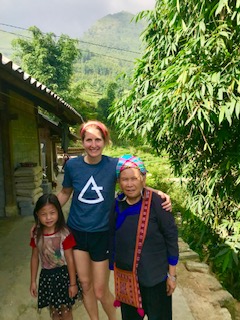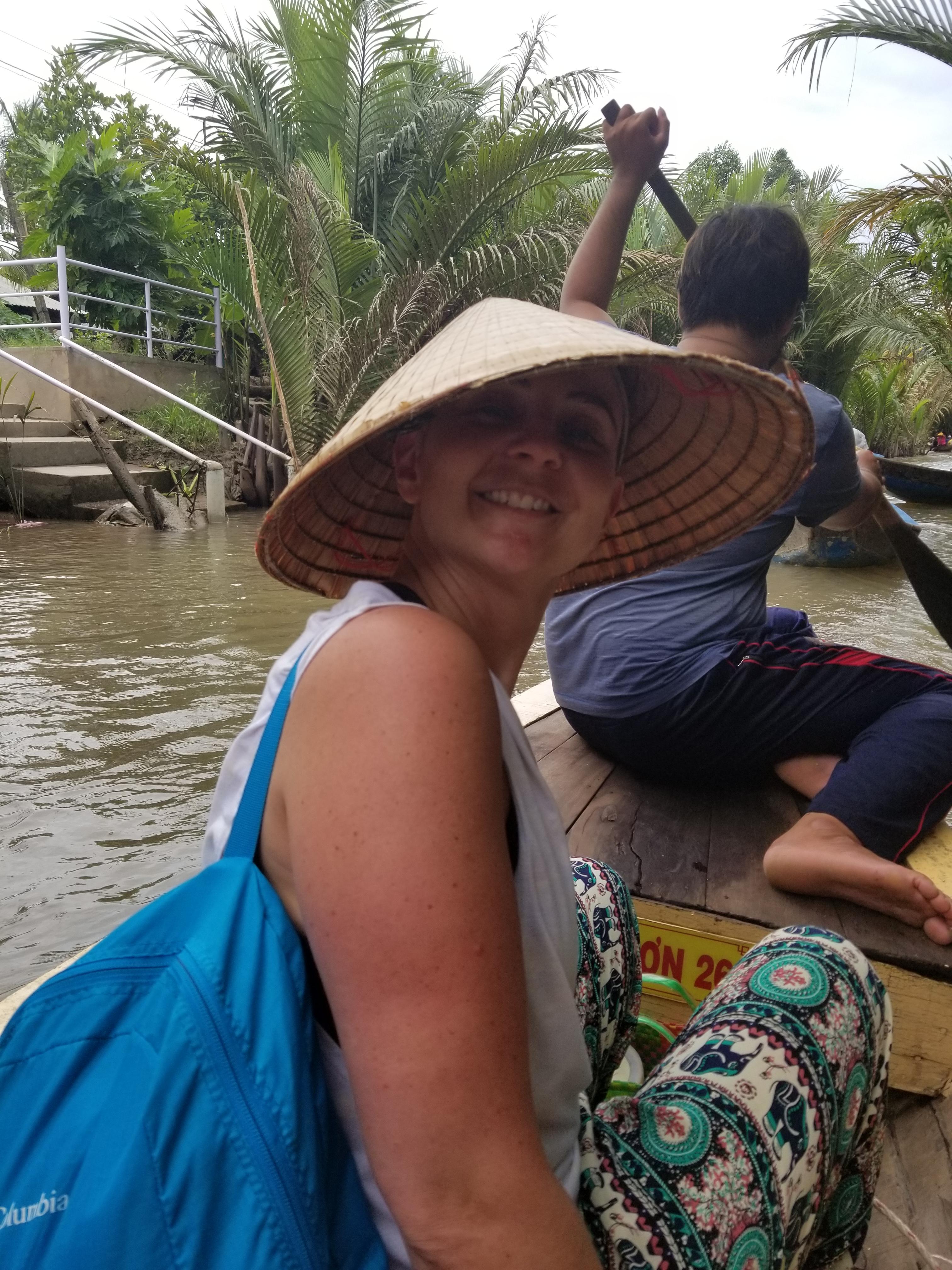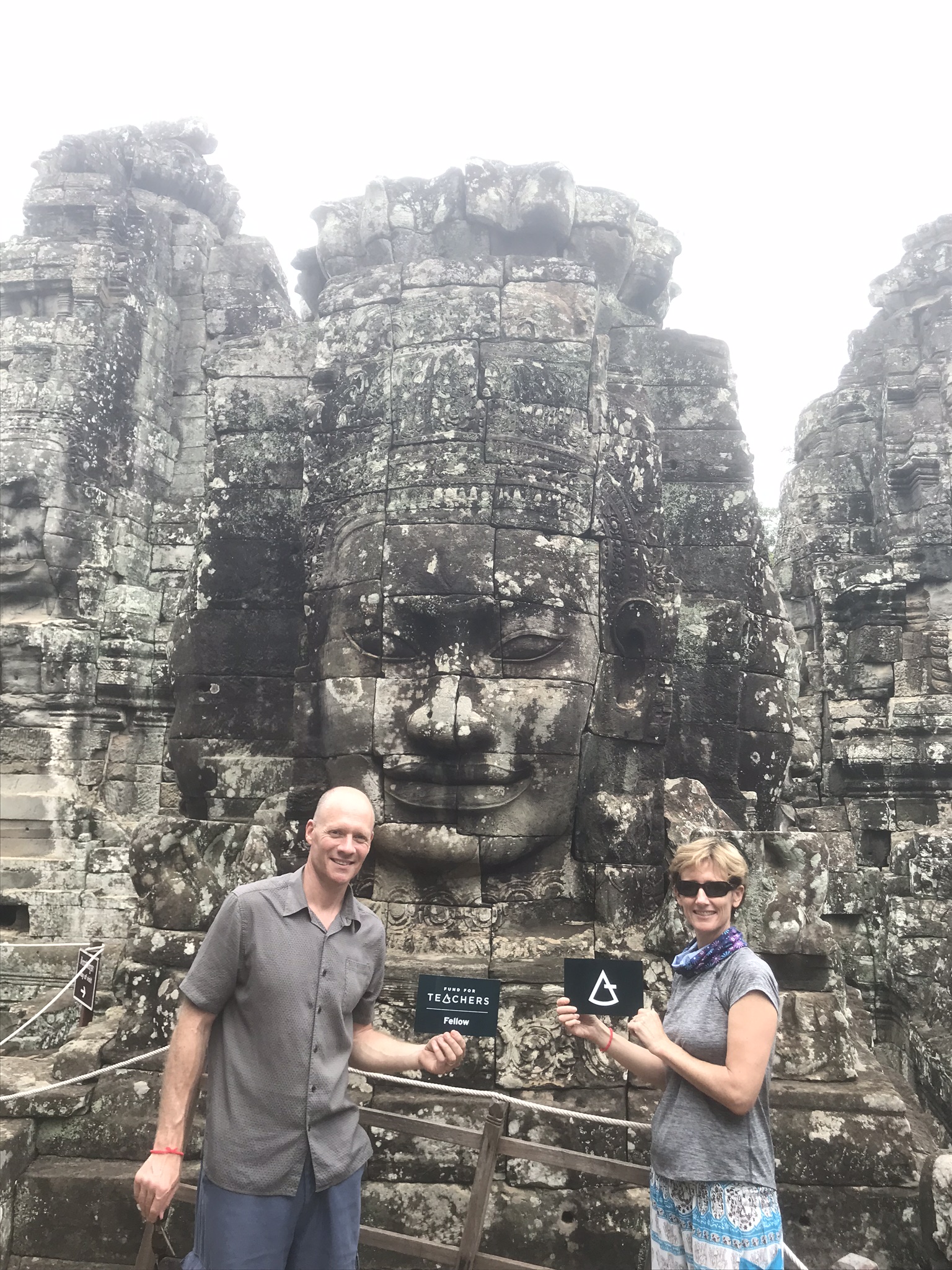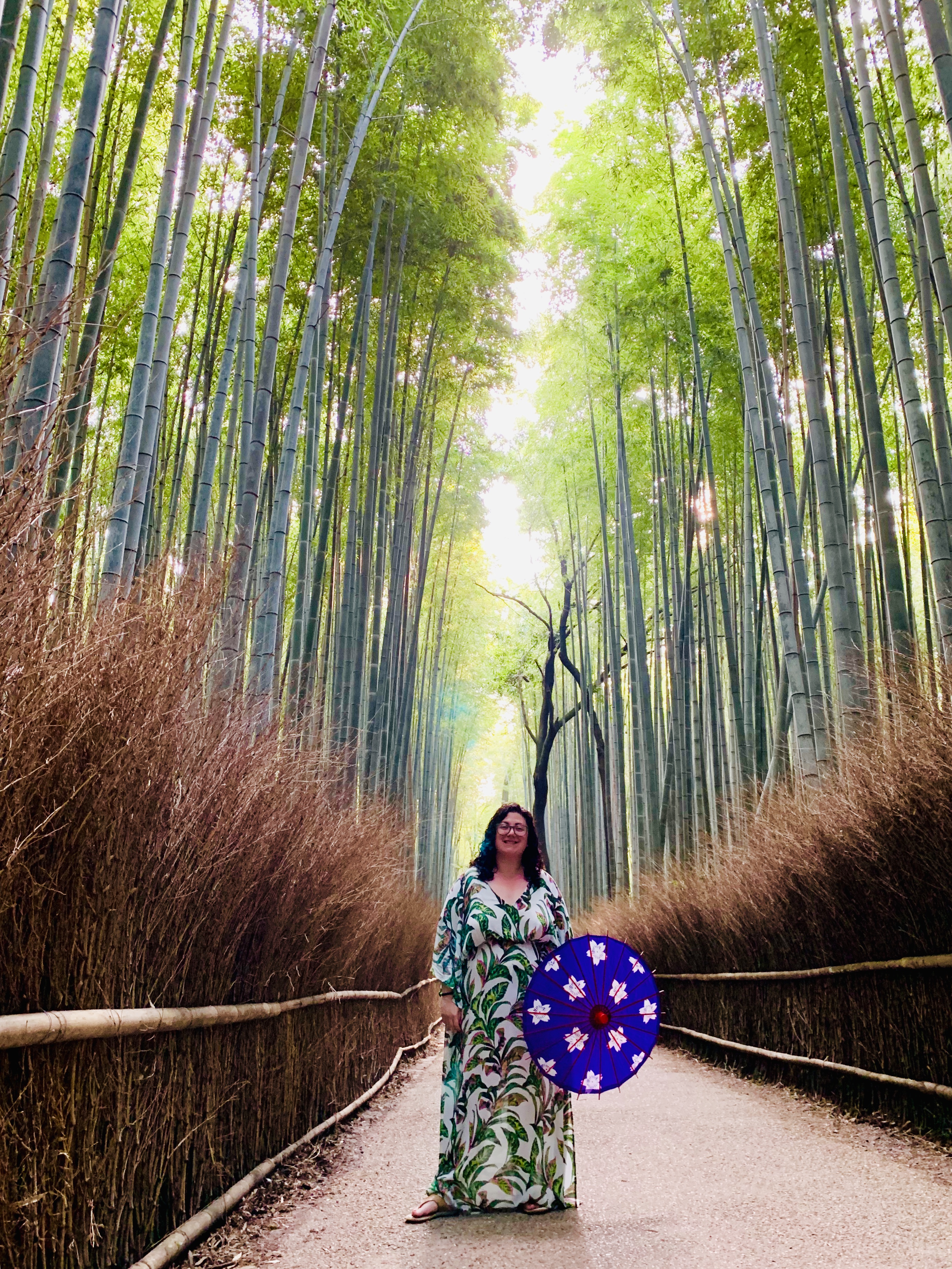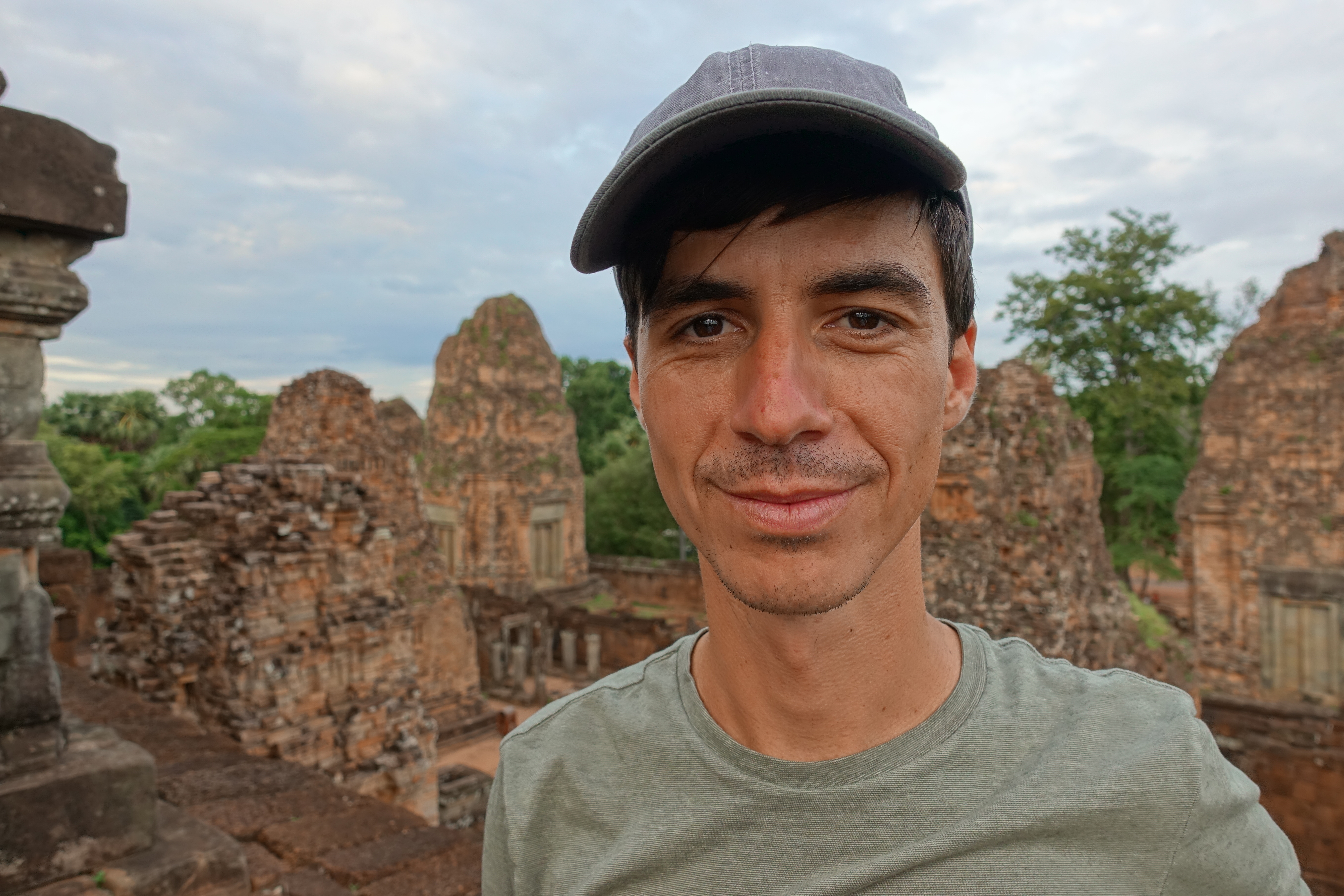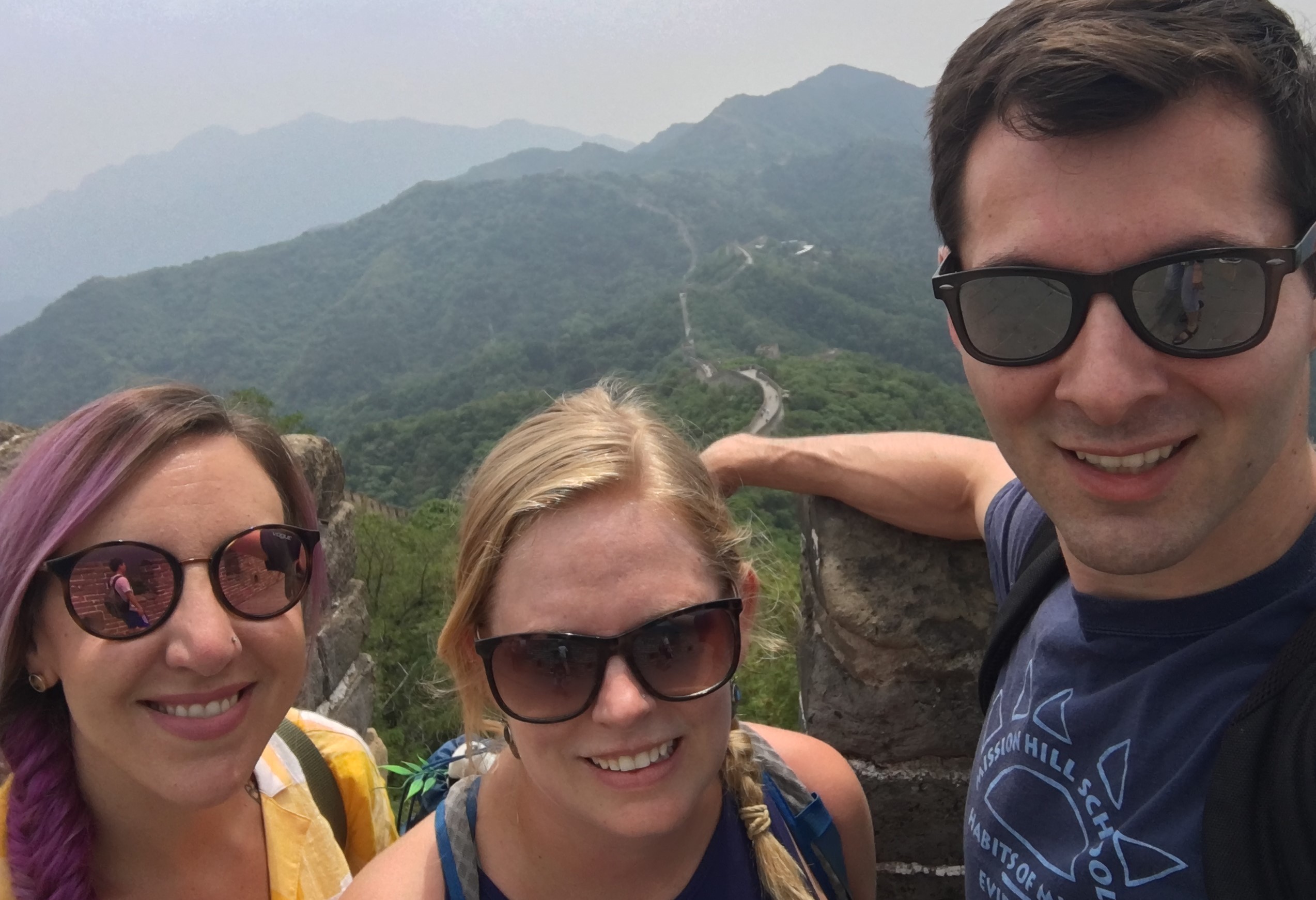 Today marks the 50th anniversary of Earth Day, an initiative that got its start at a school (college, to be exact). According to EarthDay.org, a Wisconsin senator was inspired by student activism surrounding the Vietnam War and he wanted to direct the same level of passion to protecting the environment. Senator Gaylord Nelson proposed a “teach-in” on college campuses and that idea mobilized so many people that he hired a staff, the teach-in morphed into a nation-wide event and 20 million people demonstrated against the impacts of 150 years of industrial development which had left a growing legacy of serious human health impacts.
Today marks the 50th anniversary of Earth Day, an initiative that got its start at a school (college, to be exact). According to EarthDay.org, a Wisconsin senator was inspired by student activism surrounding the Vietnam War and he wanted to direct the same level of passion to protecting the environment. Senator Gaylord Nelson proposed a “teach-in” on college campuses and that idea mobilized so many people that he hired a staff, the teach-in morphed into a nation-wide event and 20 million people demonstrated against the impacts of 150 years of industrial development which had left a growing legacy of serious human health impacts.
Fifty years later, protecting the planet is a major focus of FFT Fellows’ self-designed experiential learning each summer. This year’s theme is climate action, and we’re extremely excited to see how these members of the 2020 class of grant recipients will bring new ideas and inspiration to their pk-12 students about this topic after their fellowships:
- Laurel Cardellichio will research traditional knowledge-based agricultural practices in Italy and create partnerships with local farms to create classroom and field lessons promoting traditional farming methods that mitigate climate change, improve food security, and conserve biodiversity.
- Kathryn Hendrix will explore and photograph unique geographic characteristics of Iceland and Greenland while simultaneously witnessing how these populations manage climate change and renewable resources to prepare students as critical thinkers who can problem solve the challenges their generation will face, both in terms of global warming and for minimizing natural disasters.
- James Janski will explore Alaska’s Denali, Kenai Fjords and Wrangell-St. Elias National Parks to learn firsthand about glaciers, climate change, and the tilt of the Earth, and enhance students’ understanding of these science concepts.
- Jaclyn Lawlor will conduct research on climate change in Montana to enhance math education through the creation of an interdisciplinary senior seminar course that conflates math, earth science and naturalist writings to examine current issues.
- Barbara Niziolek and Micheal Niziolek will study the impact man made climate change has on Hawaii and investigate how advocacy and new technology are working to counteract its effects to develop a unit that empowers students to create their own environmental focused advocacy projects.
- Christopher Purdy will explore Alaska’s Denali and Kenai National Parks, Chugach National Forest, and the glaciers of Prince Williams Sound to learn how global climate change impacts glacial melting and rising sea levels and how extreme environments influence natural selection as aligned with Next Generation Science Standards.
- Ryan Roberts will research Norway’s environmental policies and how statistics influence these policies to infuse the AP Statistics curriculum with climate change and give students an authentic example of data collection that connects to one of the biggest current events of our lives.
- Charles Solarz will study the effects of climate change in the Osa Peninsula of Costa Rica and its impact on biodiversity and ecosystems of the Isla de Cano Biological Reserve and Golfo Dulce and Corcovado National Parks to create a NGSS curriculum that encourages students to be curious about the world around them and develop the skills necessary to be analytical, evidence-based thinkers.
- Katherine Soltys will join an educator expedition throughout Southern Africa, gathering gather data and evidence for student analysis of the effects of climate change, to teach students methods for monitoring and minimizing human impacts on the environment and inspire them to become environmental activists.
- Mary Elizabeth Sugden will join an organized expedition through Tanzania to collaborate with local experts and other educators in designing learning that increases students’ understanding of the impact of global climate change on biodiversity and supports Next Generation Science Standards and the AP Environmental Science course framework.
- Jacqueline Theoharidis will learn from scientists and UNESCO experts about environmental issues affecting the coastal cities of Venice, Italy, and Zakynthos, Greece, to bring real world experiences about the global nature of climate change into the classroom via case studies, modeling of concepts, and inquiry lessons. And,
- Peggy Weinhoeft-Renfro will explore in Canada and Iceland the impact of climate on the electric grid and innovative efforts to avoid a possible infrastructure and energy crisis to provide students with engaging, real-world curriculum that will provide experiences that instill confidence to engage with STEM topics and future STEM careers.
[minti_divider style=”3″ icon=”” margin=”20px 0px 20px 0px”]
You can read about previous FFT Fellows’ eco-experiences at the following links:
Climate Change from A (activism) to Z (Zanzibar) – A Brooklyn teacher explores the methodology and best practices of community-based efforts in the Maldives and Solomon Islands to mobilize youth in island nations and Brooklyn confronting climate change.
Bomb Clone = Climate Change? – Two Boston teachers investigate the impact of climate change on Iceland’s society, educational system and natural environment to develop instructional resources that empower students to address climate change and its impacts on Boston.
Changing a School’s Climate Regarding Climate Change – Two NYC teachers toured Alaskan boreal forest, coastal, tundra, and glacial ecosystems and collect first-hand evidence of climate change for a sixth grade unit called Human Impacts. And,
A Grand Education – A husband and wife teaching team investigated in five national parks the impact of climate change, with a specific focus on drought and indigenous peoples, to guides students’ creation of a local service project based on water conservation.
